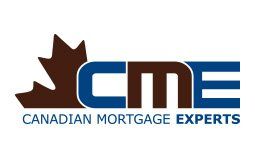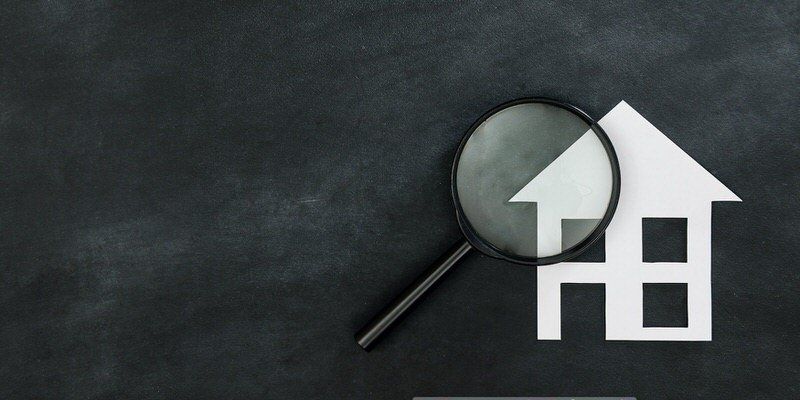A Home Inspection Can Give You Peace of Mind
We’ve all heard the unfortunate stories. Someone with not enough insurance coverage is injured or killed in a tragedy leaving behind a mountain of debt for their loved ones. Often, you don’t want to spend the extra money on insurance, but when something happens it’s the best investment of your life.
The same can be said when you buy a home. It’s easy to get caught up in the moment when you’re looking for your forever home. You see all the glitter, but maybe fail to see not everything is gold. And that’s where a home inspection can come into play. For a roughly $500 investment on the biggest purchase of your life, it should be a no-brainer to have a home inspection, whether the home is 100 years old or brand new.
In many cases, people don’t bother to do a home inspection on a brand new build because they believe there will be no issues. But they me be surprised to learn that even brand new builds can have problems. And certainly with older homes, there are a plethora of issues, ranging from asbestos and electrical to the foundation.
Why people decide to pass on an inspection can vary. In hot markets like Vancouver or Toronto, bidding wars don’t offer the prospective buyer the time or flexibility to do an inspection. Some people also believe the results of the inspection have to be passed on to the lender. And while the purchaser may love the property, they don’t want any issues to scuttle their mortgage. But only in the rarest cases do the inspections get requested by the lender.
Getting an inspection will not only give you peace of mind when you sign on the dotted line, but it can also give your realtor an opportunity to negotiate any changes that need to be made to the contract.
But like anything these days, you’ll want to find a reputable home inspector who knows what they’re doing and knows what to look for. There are a number of resources to help you find the best inspector, including the Canadian Association of Home & Property Inspectors (CAHPI).
Even a thorough home inspection may not be able to turn up all the issues with a home. Below is a list of some of the most common latent defects in a home.
1) Bathing Area Issues
- Problem: Hidden water damage behind shower/ bathtub surround
- Implications: Extra costs will occur, water leaks
2) Pest Infestation
- Problem: pest activity in areas of homes
- Implications: Damage to home can occur, extra costs can arise, fire/safety hazards, air quality issues
3) Plumbing Pipes
- Problem: Polybutylene plastic fittings prone to leaking, insurability issues
- Implications: Water damage and or extra costs can occur, high insurance premiums and deductibles
4) Hidden Water Leaks
- Problem: Hidden water leaks
- Implications: Water damage and extra costs will occur, structural damage, air quality issues
5) Grade Levels
- Problem: Landscaping too high on structure of home
- Implications: Structural problems, extra costs can and will occur
This article was originally included in the Dominion Lending Newsletter which was published on February 6th 2018.




